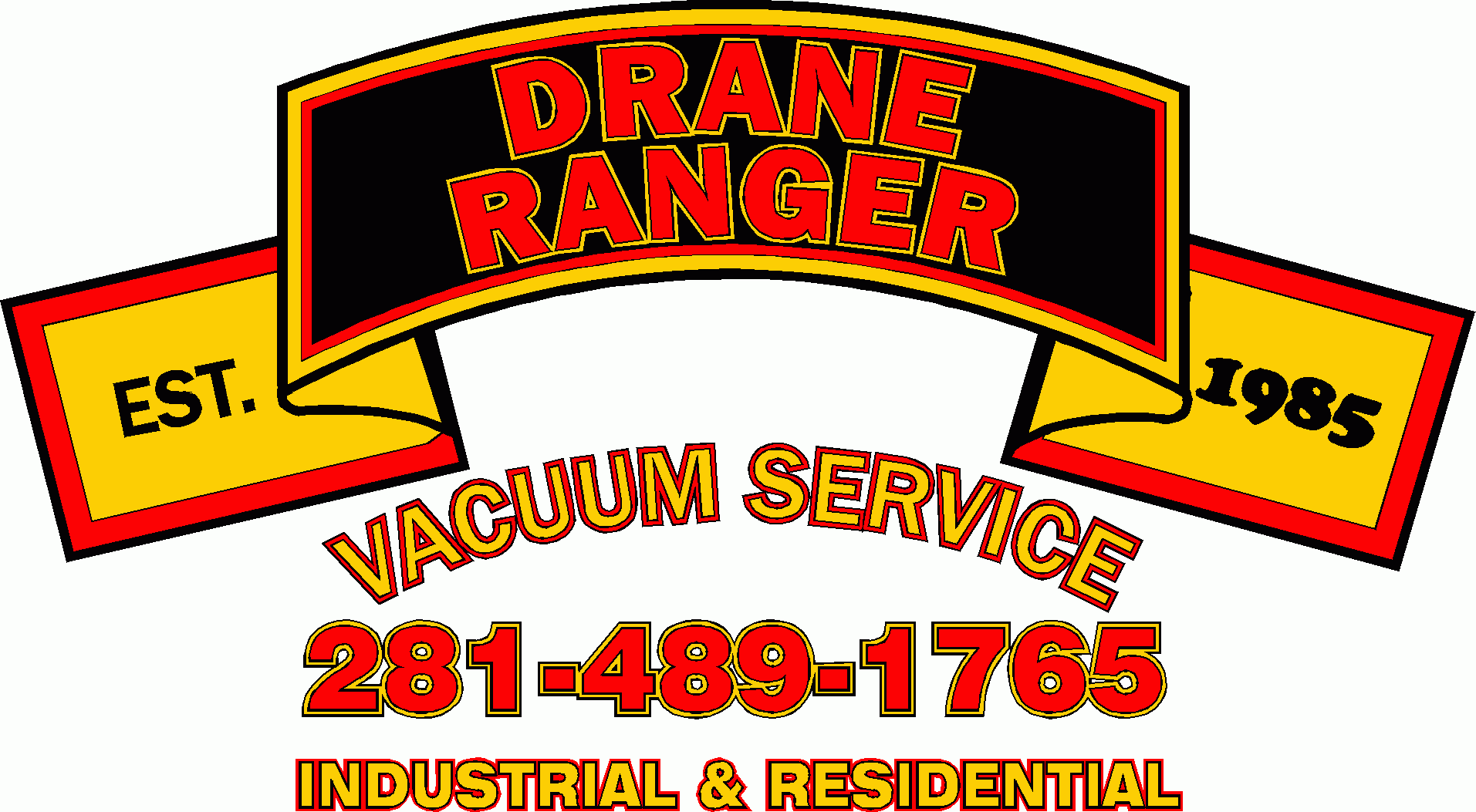Septic tanks are usually something that we don’t have to think about. Located underground or away from a home, they are often something we would prefer to have located far away. Despite this, some people have their septic tanks in or under their homes, or they are curious about the impacts of building them there. Let’s look at whether or not this practice is safe, where a septic tank should be located, and how its location can impact things like maintenance and getting a septic tank pump out service (https://draneranger.com/services/septic-tank/).
Is it Safe to Have a Septic Tank Under or Inside Your Home?
“safe” is probably not the right word to use in this situation. Technically, a properly maintained and well-made septic tank is safe just about anywhere. The problem is whether it will be that way in the long run, and whether that’s the best place for it.
Septic tanks are essentially tanks full of sewage and bacteria that break down that sewage. They are, by their very nature, something we would generally prefer to keep out of sight and, more importantly, far away from our nostrils. This is why most septic tanks are located away from the home on a drain field. This ensures that any potential problems can be detected but won’t overwhelm, and that the septic tank can drain properly away from where people are living.
There are potential safety hazards that can come about due to a septic tank being in or under a person’s home. Sewage exposure and potential methane gas are major issues that can arise, especially if something happens to the tank that causes leaks or problems.
From a septic tank pump out service perspective, having your septic tank in or under your home poses access issues. They can be difficult to properly maintain if they are in a cramped or unsuitable space. If they are under your home, you could encounter issues that require a pump out, but, because it’s underfoot instead of somewhere easily accessible, you could be unaware of them.
Where to Locate Your Septic Tank
If you are looking to install a septic tank, then you should ideally place it on high, level ground and avoid steep slopes and areas with lots of tree roots and other obstructions. Of course, any and all digging for a septic tank should be done with full knowledge of what may be below, be it buried power lines, aquifers, or other things that can’t be disturbed.
Who to Call for a Septic Tank Pump Out Service
Did you know that your septic tank will regularly need to be pumped out? The timing differs for every tank. Some need it more often. Others will need it quite regularly. The best way to know if you need a septic tank pump out service is by calling the professionals here at Drane Ranger. Our team of septic tank professionals can set up regular maintenance and cleaning schedules to inspect your septic tank and pump it out as required. Contact us today to learn more about how we can help with your septic tank and waste-related needs.
